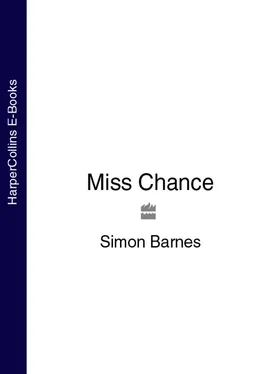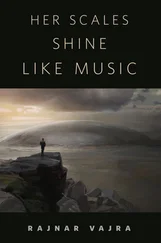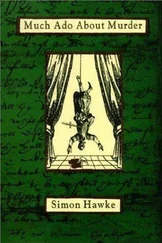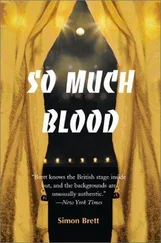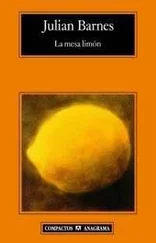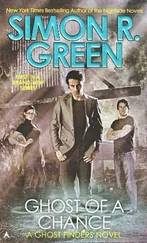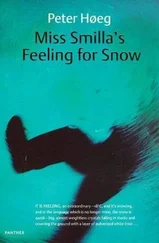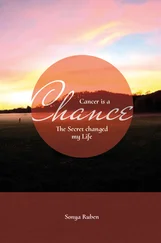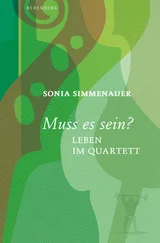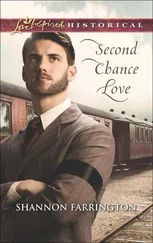Mark read one more poem, the one he had written after he had learnt that T. S. Eliot found the fireworks of the peace ceremony more disturbing than the bombs of the enemy: a contradiction that converted neatly enough into student love. Standing tall and confident, eyes scanning around his audience as was his invariable custom. All were to be included: he spoke to all.
And bang.
Bomb; or firework. It is extraordinary how many trains of thought you can keep running at the same time without derailment. Mark thought this even at the time, while he continued to read. Also thinking about a poem he might write, recalling a childhood incident in which he had walked into a glass door. Also feeling the same shock he had endured on that occasion, as if the air itself had turned solid and knocked him silly. Also wondering if what he felt was a strong sense of attraction or a strong sense of distaste.
And all without missing a beat in the reading of his poem, save that he was now reading to an audience of one. He did not dare look away, save for an occasional glance down at his got-by-heart poem. Had he tried to regain his normal audience-scanning insouciance, he would have been lost. And every time he looked up from his page, she was there. He read to her, every word to her, and she listened, her head a trifle on one side, each hand clasping an elbow. She looked quite insufferable: and he could not look away.
A little triumph of self-mastery: he reached the end without disaster. He thanked her modestly, accepted her applause, though she seemed to be clapping in a special ironical way that made no actual sound. At last he was able to sit down, to face a different direction, while the Penyeach editor made his speech about all contributions being welcome.
‘Well done, my love,’ Christine said from her place at his side. ‘I’ve always liked the fireworks one. Never heard you read it better.’ And she gave him a small kiss on the cheek.
Fireworks of peace. ‘I need a drink.’ Christine at once reached into her bag and produced, with a Mona Lisa smile of triumph, a can of beer. ‘Adorable woman.’ Mark kissed, opened, drank. Then, the speech being spoken, he got up to do the sort of chatting that is required on these occasions, there being no side to him. Eventually the gathering thinned out, and Callum said it was time to go home.
The three of them walked back to the flat together. ‘Been talking to the weirdest woman,’ Callum said.
‘You mean the one in the black and white coat?’ Christine asked. ‘Where do you think she got it from? It looked genuine. ’
‘She said you were winsome, Mark.’
‘I bet she says that to all the girls,’ Mark said sourly.
‘Did she like the poetry?’ Christine asked.
‘Said you were E. E. Cummings with capital letters, Mark. Is that a compliment?’
‘I’ll have to think about it.’
‘But was it genuine? I hope you asked.’
‘Not in so many words. I asked her where she got it. Said she picked it up secondhand.’
‘That means it’s genuine,’ Christine said. ‘What a nerve. I could no more do that than fly. I mean, going to a poetry reading, a fresher – a fresher – wearing a zebra-skin coat. You’ve got to admire that, in a way. I mean, a dead zebra. ’
The armchair was deep and leather and comfortable, but she had acquired a taste for ritzy surroundings. The fire had been lit, though it was rather early in the season, and reasonably warm. But it was that sort of hotel.
Mark had not sought the meeting, but was delighted when it was suggested – no, insisted upon. ‘Er,’ he told the waiter confidently. But she would pay, snatching up the bill purposefully when she had done so, to tuck into her slim not slimy black wallet, another trophy for her expenses, entertaining British snowboarding champion or the latest naked actress. Or something.
‘Bloody Mary,’ he said. ‘Please. Spicy.’ Her favourite drink, as it happened. And there she was, too, walking in, gazing about shiftily, spotting him. He stood to kiss her, nicely, on each cheek. ‘Bec. Good to see you.’
‘Good to see you, little brother. Spicy,’ she said to the waiter. ‘Bloody Mary, please.’
She sat. Then shook hair away from her face and smiled, both uncharacteristic moves. The hair was long, fair, undyed, worn in two long halves that normally allowed only a pale strip of face to be seen. ‘I’ve known women who hide behind their hair like fawns in the undergrowth,’ Morgan said. ‘Your sister lurks behind her hair like an ocelot in ambush.’
It always amused Mark, to hear how many people were genuinely afraid of Bec, or Rebecca as everybody else in the world called her. Not that he found such fear incomprehensible: there were at least a thousand occasions in their shared past when she had beaten him up. He was just delighted to learn about subsequent victims. ‘Why do you think,’ he had once asked Morgan, ‘she didn’t go in for women’s glossy magazines? Why men’s?’
‘Mountaineers don’t look for the easiest way up a mountain,’ Morgan had said. ‘They shin up the North Face.’
‘And how are things at Edge ?’
The packet of tipped Gauloises already on the table, the brief clack, the gold bonfire of the Zippo. ‘Good,’ she said, hissing smoke. ‘Preliminary figures for August are the best yet.’
‘Why was that?’
Her hair had fallen in front of her face, and from its depths she gave him her pitying look. ‘Should have seen the babe I put on the cover.’ She shook her head, not in negation, but to offer him a little more face, softened with concern. ‘But look, Markie, what’s this all about? Oh, thank you.’
She took her drink, sipped, as Mark told his brief banal story that led to his long-term banal predicament. She gave him uncritical sympathy. ‘But no nervous breakdown yet? No suicidal despair? Isn’t that what you’re supposed to do?’
‘Oh God, Bec, don’t think I haven’t thought about it. But mostly I’ve managed to keep too busy.’
‘Game plan is to get suicidal as soon as you can find a window?’
‘Nice double entendre, Bec. But listen, talking about being busy. I wondered if you knew. I mean, you did all the packing up that time, when I was away for the autumn term.’ He meant, but did not say, after their father’s death. ‘And I just wondered if you threw away my riding stuff. Or not.’
‘Your riding stuff? Good God, is this another fashion statement?’ She had always been unkind about cowboy boots.
‘Perhaps. If so, I think I may have got hold of the ultimate fashion accessory. I think I might have bought a horse.’
At this she laughed, really laughed, almost a giggle, an unusual thing altogether these days. ‘You mad little bastard.’
‘That’s roughly what everyone else has said.’
Bec said: ‘He ruined his life with that horse and that silly girl. It’s not my fault he didn’t get to Oxford. It’s all the fault of that silly girl and that fucking horse.’
Mark grinned, a little warily. The words still brought a flash of pain. ‘She got the adjectives the wrong way round,’ he said.
‘Cabin-trunk,’ Bec said. ‘I remember distinctly. Loads and loads of stuff. Massive cat’s cradle of leather. Clothes.’
‘Boots?’
‘You and your boots. Yes, boots on silly sort of false legs. Either in the trunk, or alongside. Up in the attic. No chance that The Mate will have lugged it out. Even if she were to call on all her super-powers. Weighs a ton.’
‘Still less Ashton.’
‘That would be a bit grossly physical for him, wouldn’t it? You still going up there and talking to the little shit?’
‘Well, I do go up there every now and then. To see The Mate. As you know. And that does rather involve seeing Ashton.’
Читать дальше
